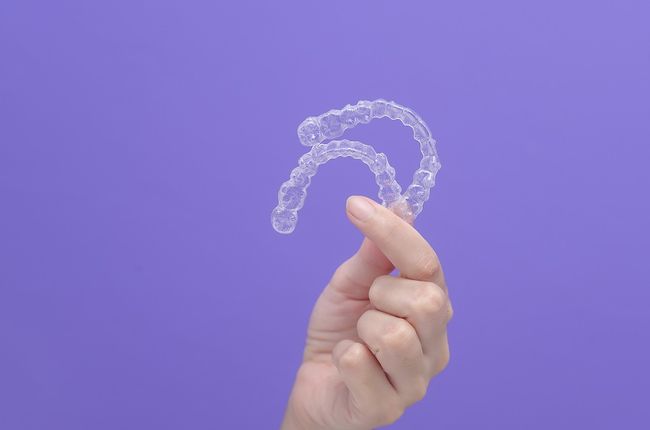![This is a thumbnail image of blog Discover the History of Veneers with Your Cosmetic Dentist in Green Lake This is a thumbnail image of blog Discover the History of Veneers with Your Cosmetic Dentist in Green Lake]()
Discover the History of Veneers with Your Cosmetic Dentist in Green Lake
Aug 10, 2020![This is a thumbnail image of blog Why Do Dental Implants Fail? This is a thumbnail image of blog Why Do Dental Implants Fail?]()
Why Do Dental Implants Fail?
Feb 28, 2021![This is a thumbnail image of blog Dentist in Green Lake Caters to Young Smiles This is a thumbnail image of blog Dentist in Green Lake Caters to Young Smiles]()
Dentist in Green Lake Caters to Young Smiles
Dec 13, 2020![This is a thumbnail image of blog Cosmetic Dentistry Unveiled: How It Enhances Oral Health and Functionality This is a thumbnail image of blog Cosmetic Dentistry Unveiled: How It Enhances Oral Health and Functionality]()
Cosmetic Dentistry Unveiled: How It Enhances Oral Health and Functionality
Feb 06, 2025![Dental Implants in Seattle, WA Dental Implants in Seattle, WA]()
Is Dental Implant Surgery Right for You? Unveiling the Qualities of an Ideal Candidate
Feb 14, 2024

How to Recognize Dental Implant Failure
Dental implants are the most reliable option to replace missing teeth. In fact, they have over a 95% success rate to last for decades with the right care, like committing to your oral hygiene and visiting your dentist regularly. Although it’s rare, dental implants can fail. Generally, the risk is less than 5%, but it’s best to be on the lookout for any signs of a problem. Here are the most common symptoms of dental implant failure, so you can get the quick care you need to save your smile.
Signs of Dental Implant Failure
Dental implant failure can occur immediately after your placement surgery, or later down the road once your mouth has already healed. The most common signs of a complication include:
Pain or Discomfort: Any pain or discomfort, especially when biting or chewing, can indicate an issue with the healing process.
Swelling or Inflammation: Even the slightest swelling can be a sign of a big problem, like an infection that can lead to complete dental implant failure.
Implant is Loose: If your implant feels loose or wobbles, it can be caused by poor integration with your jawbone.
Risk Factors of Dental Implant Failure
Although dental implant failure can occur in anyone, there are several factors that can increase your risk of complications, such as:
Bruxism: Grinding and clenching your teeth can damage the dental implant and compromise the strength of your jawbone. A nightguard can provide an added layer of protection between the upper and lower teeth to preserve your smile.
Gum Disease: The biggest threat to the success of dental implants is peri-implantitis, which is an infection like gum disease. If you have a history of the infection, it’s essential you are proactive to prevent it from reoccurring.
Smoking: Smoking restricts blood flow to the gums, which can increase the rate of failure by up to 20%.
Insufficient Jawbone: If you have lost bone in your jaw, it won’t be able to support your implant posts. Bone grafting can enhance the thickness of your jaw to resolve the concern.
Medical Conditions: Certain medical conditions can cause your body to heal at a slower rate, like autoimmune disease and diabetes.
Poor Oral Hygiene: Improper brushing and flossing methods increase your risk of peri-implantitis. It’s best to maintain your oral hygiene at home and visit your dentist in Green Lake at least twice a year.
Protect Your Smile from Complications
If you develop any signs of an issue, don’t wait to see your dentist. With quick detection and treatment, they can lessen the likeliness of dental implant failure to ensure your new smile thrives for decades.
Office Hours
MON9:00 am - 5:00 pm
FRI8:00 am - 5:00 pm
SAT - SUNClosed





















comments